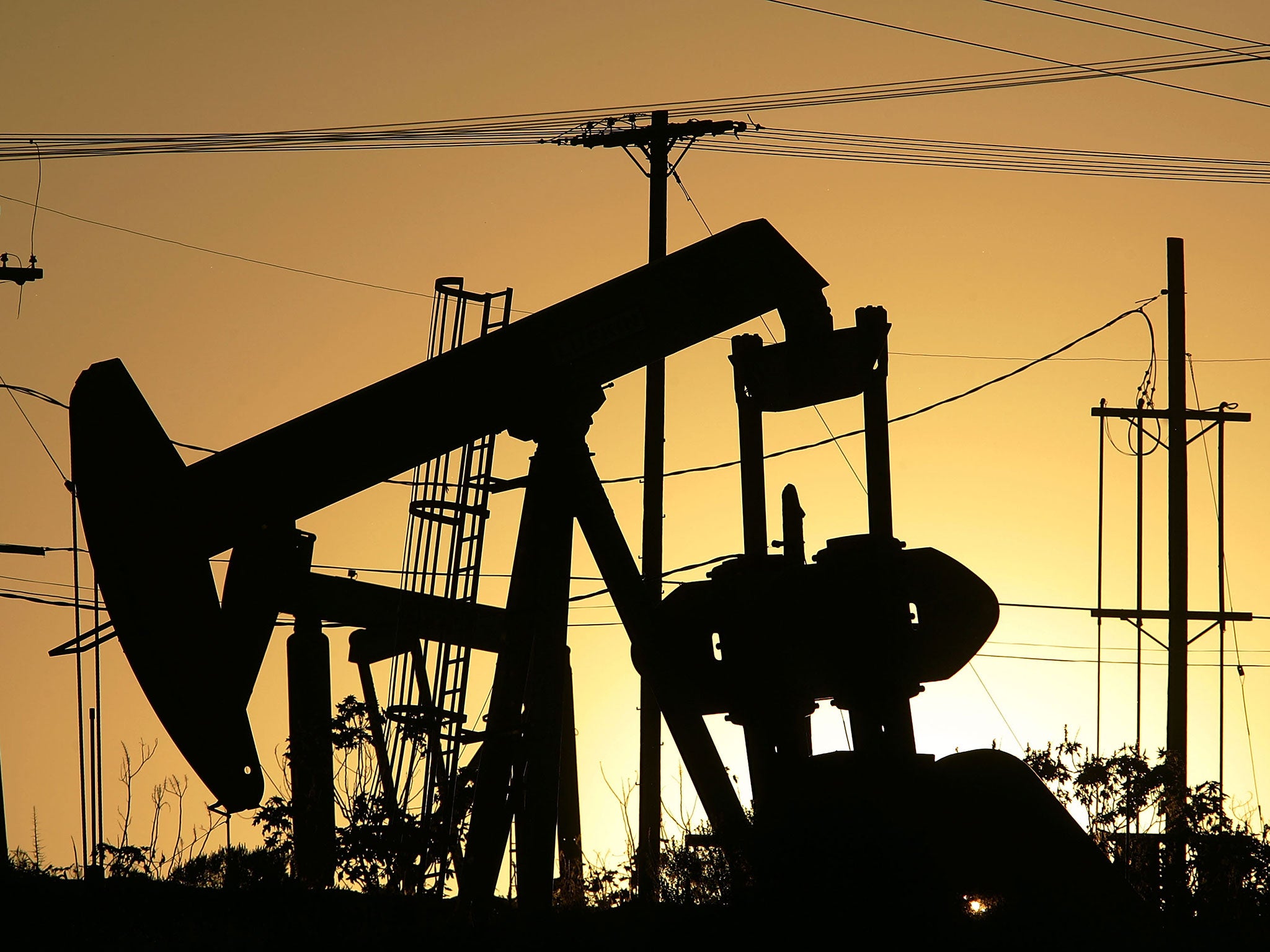Iran sanctions: Middle East stock markets crash as Tehran enters oil war
Lifting of sanctions against Iran will see millions more barrels of oil enter flooded market

Saudi Arabia’s stock market crashed yesterday as nuclear sanctions on Iran were lifted, clearing the path for an all-out oil war between the Middle Eastern rivals.
The lifting of sanctions means Iran can start exporting oil worldwide, having been restricted to selling to a handful of countries, including China and India.
Tehran’s plan to ramp up daily exports from one million barrels currently to 3.4 million barrels in seven months’ time will unleash a new wave of oil on to a flooded market and threatens to drive the price to its lowest level in decades.
Fears of a new price war between the world’s biggest crude-oil producer and Iran caused Saudi Arabia’s Tadawul All Share Index, the largest Arab market, to drop by 5.4 per cent. It has now shed 20 per cent of its value since the start of the year.
Meanwhile, shares in Qatar and Dubai, two more oil-dependent Gulf states, fell 7.2 per cent and 4.6 per cent respectively. Abu Dhabi’s main share index dropped 4.2 per cent.
Diplomatic tensions between Saudi Arabia and Iran are already at boiling point after Saudi Arabia executed the prominent Shia Muslim cleric Nimr al-Nimr earlier this month, which sparked violent protests at the Saudi embassy in Tehran and led Riyadh to cut diplomatic ties with Iran.
The two countries are engaged in long-running jockeying for dominance in the region and are also on opposite sides of bloody civil wars in Syria and Yemen. The regional conflicts have given a boost to hardliners, making diplomacy increasingly difficult. The Iranian President Hassan Rouhani said yesterday Saudi Arabia, and not Iran, was the source of the tensions.
The decision to lift sanctions on Iran is untimely because oil prices are already languishing at 12-year lows. A barrel of Brent crude has fallen from above $110 (£77) to below $29 in just 18 months.
A number of investment banks are predicting the price of oil could crash to as low as $10 a barrel, the lowest since 1998. The IMF estimated last year that Saudi Arabia needs a global oil price of around $106 a barrel to balance existing levels of expenditure with revenues.
Last week, analysts at Royal Bank of Scotland warned 2016 would be a “cataclysmic” year for the global economy and urged investors to “sell everything” in the wake of the oil rout. The oil price slump has caused the price of shares in oil companies including Shell and BP – which make up large proportions of pension funds – to tumble.
Saudi Arabia, the de facto leader of the Organisation of the Petroleum Exporting Countries, which controls a third of the world’s production, has ignored calls to cut output in recent months, in a bid to drive America’s shale frackers – which have a higher cost of production – out of business. But the move was also seen as a way to gain market dominance over Iran.
Subscribe to Independent Premium to bookmark this article
Want to bookmark your favourite articles and stories to read or reference later? Start your Independent Premium subscription today.

Join our commenting forum
Join thought-provoking conversations, follow other Independent readers and see their replies